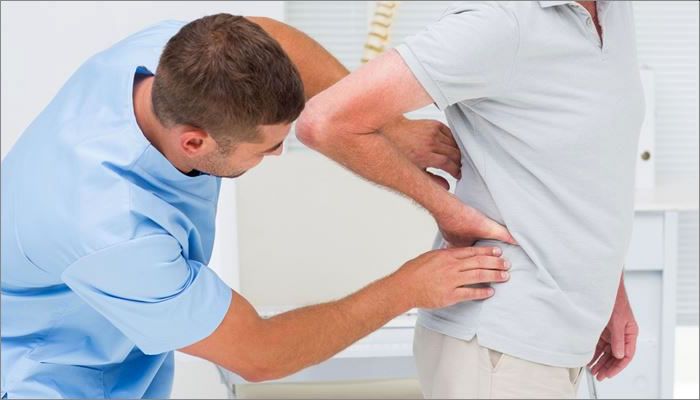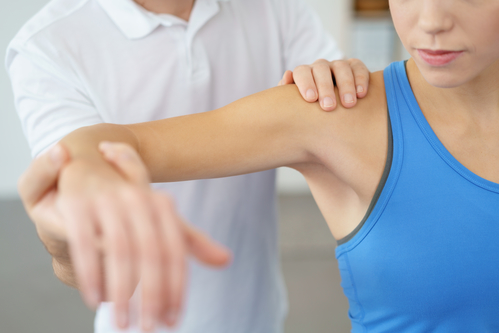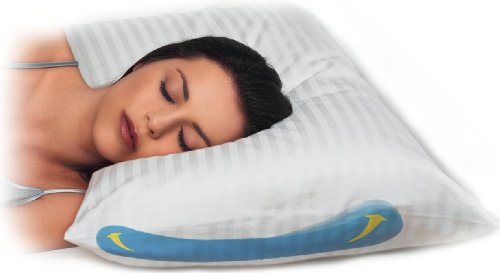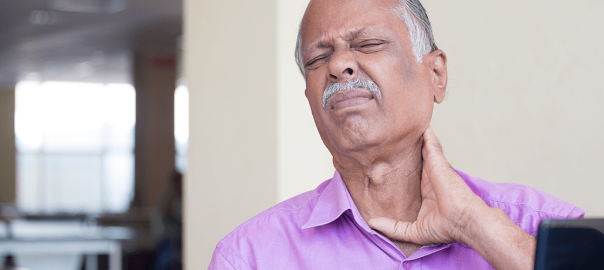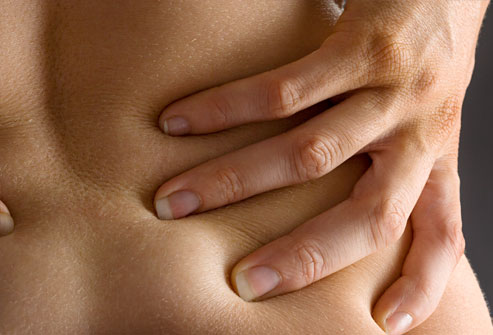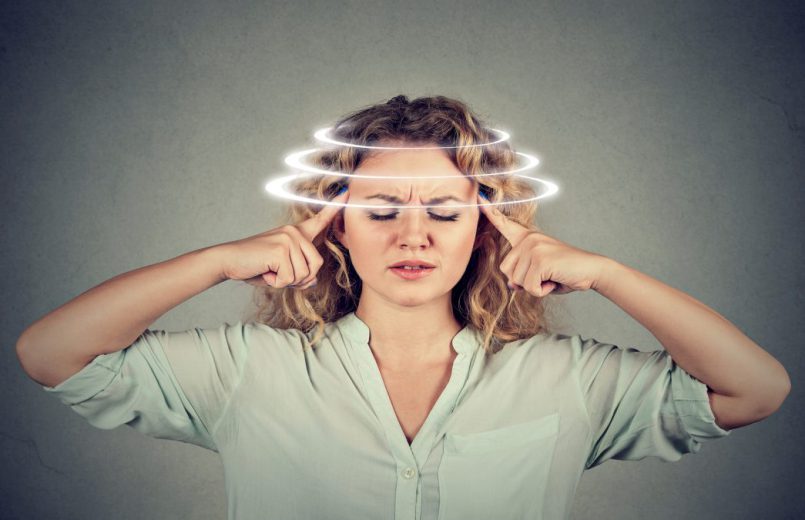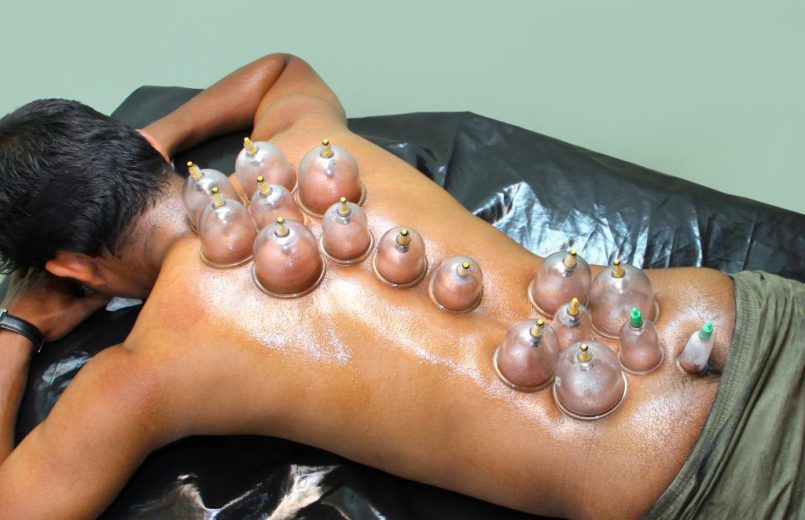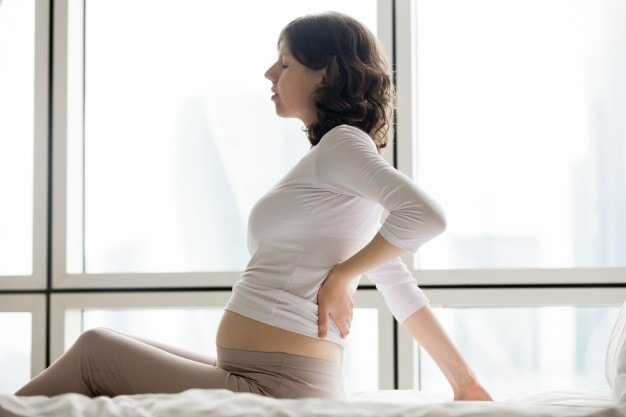There are many people who suffer from back pain during the day or at the end of it. This may be due to some pathology or due to bad gestures and postures in the activities that are carried out daily at work or during sport.
We have suffered back pain at some point and many times we do not know what causes it. The two most frequent types of pain are mechanical and inflammatory.
The data does not lie, and according to statistics, 80% of people have suffered or will suffer this pain at some time in their life, becoming in many cases chronic.
What are the causes of back pain?
There are many factors that affect and make back pain appear, from poor posture or improper choice of footwear to even psychological and emotional causes.
Despite this, it is almost always related to a vertebral or articular lesion due to spinal wear or osteoporosis. When a vertebral scoliosis occurs (the spine is curved sideways), very painful muscle contractures can arise.
Types of back pain that exist
Mechanical back pain: it is the most frequent pain, usually described as a throbbing pain, worsens with movement and is relieved by rest. Its cause is mostly a muscle strain or trauma, however, it is best to receive an accurate diagnosis by your traumatologist as soon as possible.
Some of its features are:
- It can happen at any age
- It is not usually accompanied by morning stiffness and if it does not exceed 30 minutes
- Its most common cause is usually a trauma
Inflammatory back pain: About 1 in 20 people with chronic back pain is usually of inflammatory origin. There are various diseases that can cause this inflammation and therefore the appearance of pain, some of them being quite complicated to diagnose.
It is very important to see a doctor as soon as this pain persists for a long time.
Some characteristics of inflammatory pain:
- Appears before age 40
- It has a gradual beginning
- Pain improves with physical activity
- The pain does not improve with rest
- It usually makes you wake up at night
- Morning stiffness of more than 30 minutes
- Continued pain for more than 3 months
- Alternation of pain in the buttocks
The importance of treating back pain on time
The most important thing to keep in mind to treat back ailments is to see a specialist as soon as possible, since, if it takes a long time to treat, the discomforts usually increase over time and once they are established they are difficult to reverse.
When acute back pain appears, it is usually treated first through analgesics and muscle relaxants.
Later, when the muscles have relaxed, physiotherapy treatment in Dwarka is applied to reduce pain and relieve discomfort. It is also recommended to exercise periodically to avoid the risk of pain.



